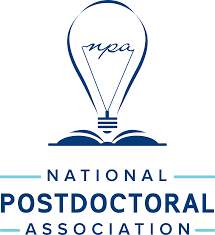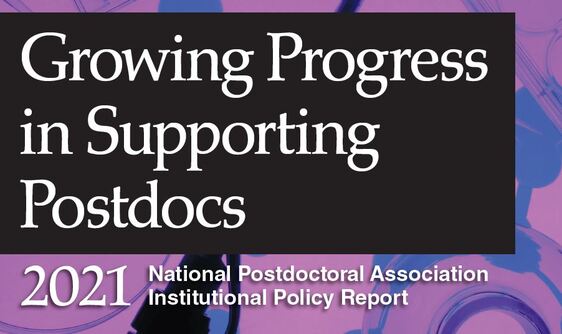Anyone who is interested in getting involved with ResDev can sign up to volunteer via this weblink.
A Postdoc’s Guide To The Postdoc Timeline assists trainees in developing a research, professional, and career development plan for each stage of postdoc training, providing recommendations that start at the very beginning (first 6-8 weeks of the postdoc) through planning for transition (final 3-6 months). The timeline links to helpful resources and suggestions for incorporating the six NPA Core Competencies into an individual training plan.
The Career Development Guide introduces key concepts of the career development process, providing explanations and resources to assist in both career exploration and the job search. The guide discusses self-assessment, exploring various career paths, networking, and informational interviews, preparing job search materials such as CVs, resumes, and cover letters, interviewing, and negotiating. The guide has also compiled a list of helpful resources to get trainees started, including on-campus resources, books, online career guides, and other web-based resources.
To develop an effective IDP, you will need to take the time to make an initial assessment of current values (personal and professional), skills/techniques (within and outside of the area of doctoral expertise), and goals for the future. The My IDP & Me guide links to a variety of tools and resources to help you throughout the process from initial self-assessment to informational interviews and having (sometimes difficult) career conversations with your advisor. Using My IDP & Me alongside our Postdoc’s Guide to the Postdoc Timeline and other NPA resources can help you create a comprehensive plan for how your postdoc should evolve, making time for training and career development, from day one.
Essentially, you should use an IDP as a living roadmap to achieve your career goals. Taking time to formally reflect, research, and plan will let you target skills and connections you need to develop during your postdoc to help move into your desired career path(s).
Furthermore, the IDP can assist you in mapping out the steps you need to take to be competitive for multiple career paths. Exploring and preparing for multiple career paths will help you see that there are many potential careers available to you. In addition, this process will increase your confidence in your future, that you can be proactive in your career and professional development to set yourself up to be competitive for a variety of post-postdoc careers.
By using our My IDP & Me guide and other NPA resources, you can begin to empower yourself with the knowledge you need to prepare for whatever career lies ahead of you.
- Career Exploration 101
- Highlighting Online Resources to Support Graduate-Level Career and Professional Development
- Career Resources for the Humanities and Social Sciences
Additional Readings & References
- Yearly Planning Meetings: Individualized Development Plans Aren’t Just More Paperwork
- IDP tools:
- myIDP (Science Careers)
- ImaginePhD (for humanities and social sciences but a generally great tool)
- ChemIDP (from American Chemical Society)
- American Psychological Association IDP
- 2022 Postdoc Essential Skills programming materials from Virginia Tech
- Topics include career exploration, informational interviews, crafting your LinkedIn presence, and leveraging an IDP to maximize postdoctoral training
















 RSS Feed
RSS Feed